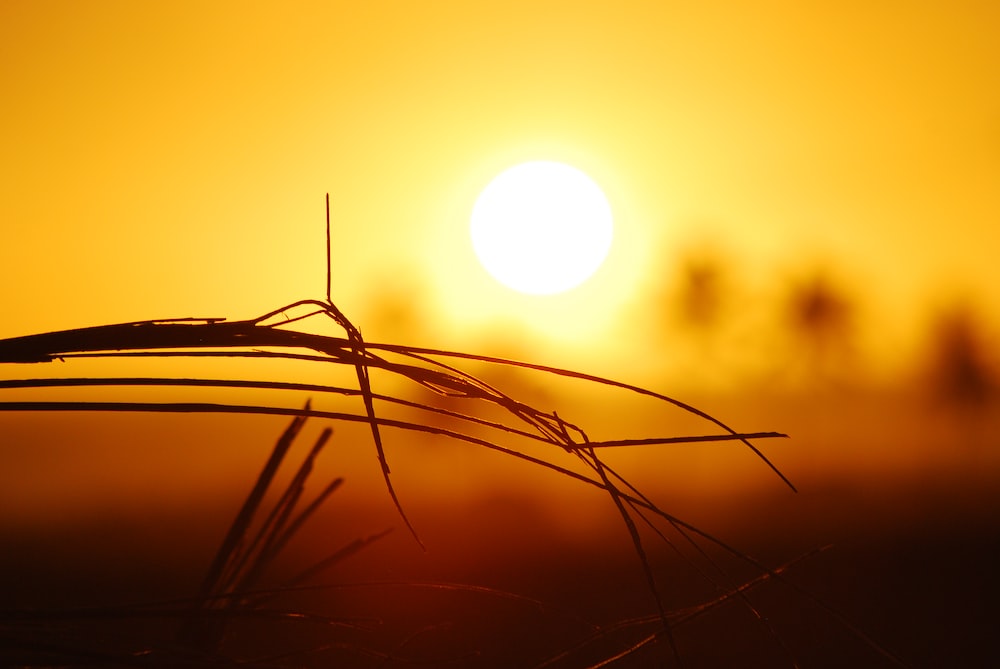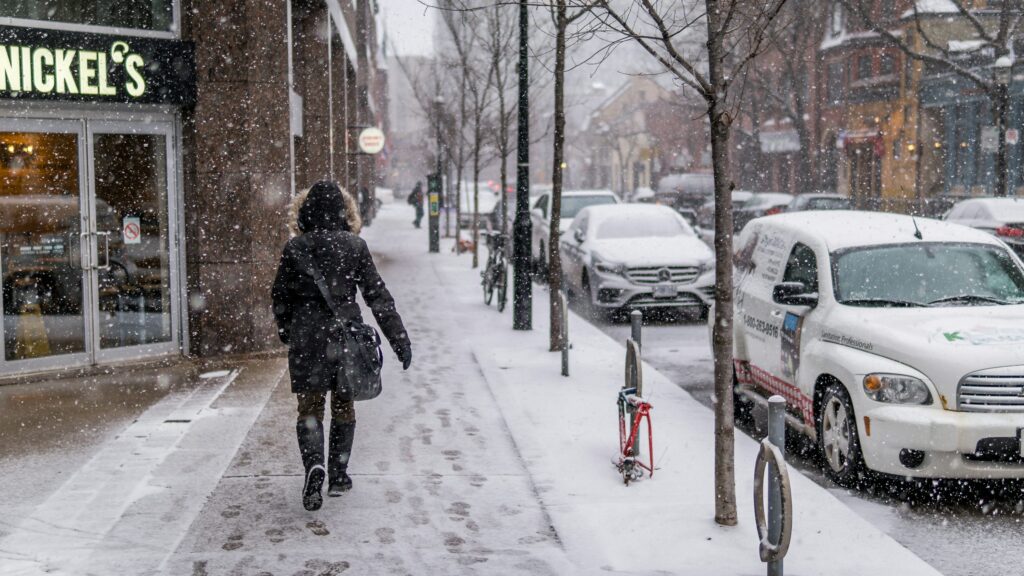Apparently 2024 was the hottest year ever. Which might seem a premature judgement given that it only just started and it’s very cold in many places and breaking records for low temperature in a few, with bad weather accompanying cold not hot conditions, while much of North America seems poised for the deep freeze. It even snowed in Saudi Arabia. But climate science doesn’t do the normal predict check revise cycle. Thus the Hill Times features a piece headlined “2024: the year it got really hot” while Jeva Lange on Heatmap Daily hollers “The Biggest Climate Story of 2023 Was 2024/ I already hate next year!” Which may be a wise policy, in case it proves disappointingly non-awful when we actually experience it.
At least Maclean’s billed their verdict on 2024 as part of their trite predictions for the coming year, claiming: “Wildfire season will get more intense…” and also that “2023 was the year of wake-up calls” including on “the destructive force of climate change”, as the mainstream media have been telling us like clockwork since 2000.
Speaking of clockwork clichés, believe it or not, a New York Times opinion piece just prophesied the end of snow again, though without putting a year on it. Unlike John Kerry who in 2009, lest it be forgotten, proclaimed ice-free Arctic summers by 2014, triggering a runaway warming process. And as Steve Milloy retorted to the Times column, the very next day AP reported “Extreme cold grips Nordic countries as floods hit western Europe” illustrated by a massive snowstorm in Norway. (But no, there’s no prize for guessing that the story didn’t contain the word “climate” even once.)
New York Times columnist David Gelles got in his verdict with a tiny qualifier, “almost certain”, saying “Last year was the warmest in recorded history. What does 2024 have in store?” and guessing that:
“For starters, it is almost certain to be another scorcher. The naturally occurring El Niño will push up temperatures in much of the world and humans will continue pumping greenhouse gases into the atmosphere. That will very likely mean more extreme heat, like Phoenix saw last summer in a record streak of days that hit 110 degree Fahrenheit or higher. It will mean more wildfires, like the ones that torched Canada, Europe and North Africa. And it will mean more unusually hot ocean temperatures that threaten coral reefs and melt glaciers.”
Or not. To take just one example, Tony Heller, who makes a point of mining newspaper archives for evidence of higher temperatures and worse weather in “recorded history”, for instance the 1930s or 1970s, also observes that: “Corals have thrived through many thousands of feet of sea level rise and fall, CO2 levels fifteen times higher than now, and global temperature swings of 15C.” As for wildfires, if 2023 was hotter than the hottest thing ever and heat causes them, why did the United States have so few in that year?
Over at Axios Mike Allen semi-hedges his bets with: “1 big thing: 2024 may be hottest year on record…. 2024 may be even hotter than the ‘gobsmackingly’ hot 2023, which featured extreme – and often deadly – weather and climate events around the globe.” We don’t want to belabour the point that a great many years have featured extreme and often deadly weather around the globe, though they weren’t “climate events” until the late 1980s because um uh what’s history man.
Actually we do. For instance another viewer draws our attention to the Great Storm of 1953, aka the “North Sea flood of 1953” or if you’re Dutch the “Watersnoodramp”, a lovely word for a nasty phenomenon, which killed over 300 people in England and even 19 in Scotland, as well as hundreds at sea and nearly two thousand in the Netherlands (305 in the village of Oude-Tonge alone). Wikipedia calls it “the worst flood of the 20th century in England and Scotland” and “Probably the most devastating storm to affect Scotland for 500 years” although everybody knows climate change has brought unprecedented bad weather to computers, newspapers and social media around the world.
We will also belabour Allen’s claim that “The combination of human-caused global warming from the burning of fossil fuels for energy, along with deforestation – plus other factors like a naturally occurring El Niño – have boosted 2023’s record warmth, stunning many in the scientific community.” The science as to what’s going to happen being after all settled, what does it matter that scientists are regularly stunned by what actually happens? Especially since people get in their claims ahead of time just in case. But here’s a key consideration.
What if 2024 isn’t warmer than 2023? What if we had anomalous conditions, within a general natural warming trend since well before human GHGs played any significant role in the composition of the atmosphere, linked to the Hunga Tonga eruption at the beginning of 2022, and also the influence of a new El Niño (which Allen does to his credit mention), and things cool off in 2024? Will any of these people revisit their predictions and concede that they were, at the very least, premature, and reflected panicky assumptions? Because if not, what you’re seeing is not science, and they might as well do it on a Ouija board and come clean.



Anthropogenic climate change is a pygmy shrew passing out cigars and pointing to an elephant with a newborn calf and exclaiming "I did that!"
2023 Cdn. pop. @ 40,528,000. Wildfire deaths 6 (4 were firefighters) Mortality = 0.000014%
@Alan Stewart...facts are just so damn inconvenient...reporting them is such a drag....what say you we just make some up, that'll work, right? After all, no one (!) actually checks.....
I commented on the X that Global News last night reported that 2023 was hottest all time record for Canada. That Canada had more forest fires in all of its history. I guess Global News doesn’t read any of the Nexus reports or watch any Nexus Videos. Misinformation to further the climate change narrative.
And yet, this morning in Phoenix it was 0 degrees Celius...
It is believed by many scientists that study climate that the Earth has reached its maximum temperature with the current Solar Cycles.
Temperatures will start to drop reaching a low point around 2035
This will have a devastating effect on human civilization trying to keep warm with a prophesized "net zero" policy in place
Hopefully as temperatures fall sanity will rise.
"It is believed by many scientists that study climate that the Earth has reached its maximum temperature with the current Solar Cycles. Temperatures will start to drop reaching a low point around 2035"
And just imagine the die-off from the global famine that the cooling of the world's breadbasket ill cause! So glad I am old. To see 2032 I will have to outlive not only my parents but all my grandparents as well as aunts and uncles.
Don’t let facts/data get in the way! Drop me a line in 2035 and we can discuss this further!
New to this site, and the commenting feature; that said, when these doomsayers start to compare their findings to include the 1930s and it shows the same result, I might indeed get interested. It is fascinating that the weather comparisons either speak to events since the 1940s or at some macro level of consolidation over a couple centuries. The latter seems worthy of being ignored, the former appears to me like the “science” folks are “gaming” the outcome.
Good to see you back John, good set of posts.
"The combination of human-caused global warming from the burning of fossil fuels for energy, along with deforestation ..."
Prior to about 1900 traffic in cities was all horse drawn, and vast areas of forest were necessarily replaced by hay fields to feed the horses. It was the introduction of fossil fuel powered automobiles that allowed the hay fields to revert back to forest. For example, Britain now has more forested area (13% of the land surface) than at any time since the 14th century.
Today it barely got above 0 degrees F here in the USA Midwest. Tonight is expected to be like last night, with a low around -7. Oh, and there's a little snow on the ground. Last July was unusual, but only because the high temperature reached 100 just once. "But that's weather, not climate!" the Chicken Littles will cackle. But the events that they squawk about all the time are weather too: hurricanes, tornadoes, droughts, and such. If my part of the world were to go from a temperate climate to a tropical one, that would be climate change. What we're seeing now is just the variability inherent in an immensely complex and chaotic system, where you never know for sure what's coming until you can see it on the radar. And even then sometimes the storm disappears before it gets here. I'd say a little humility is called for.